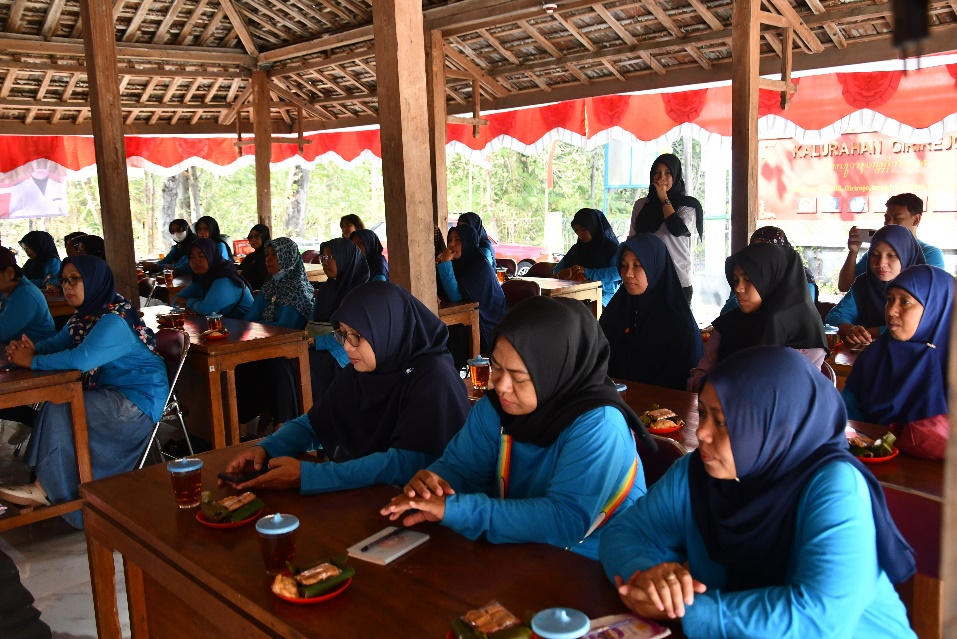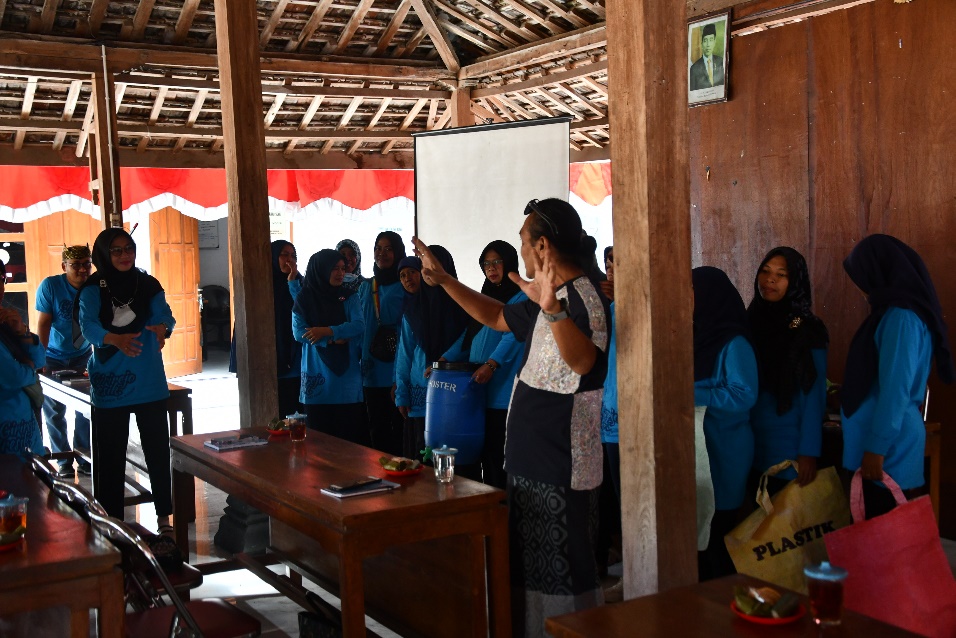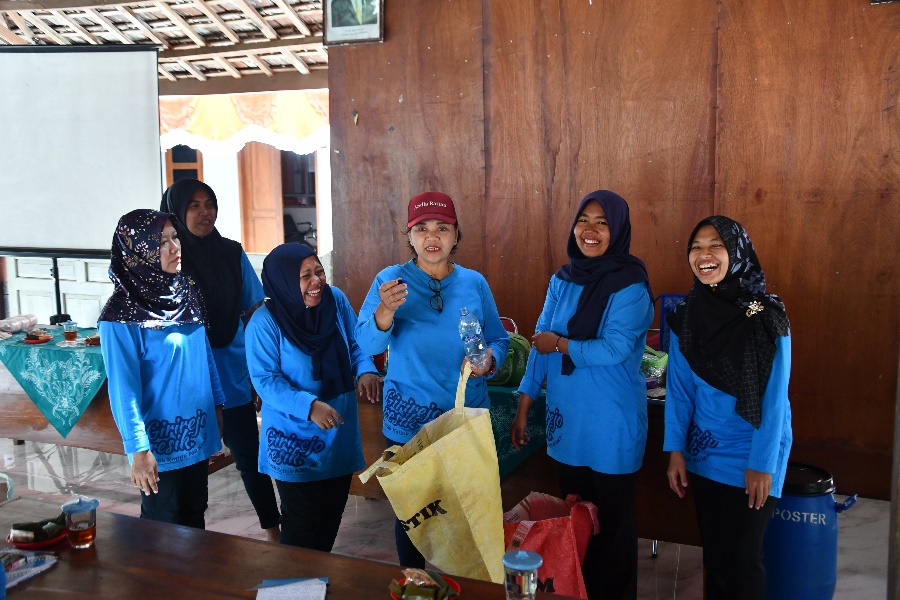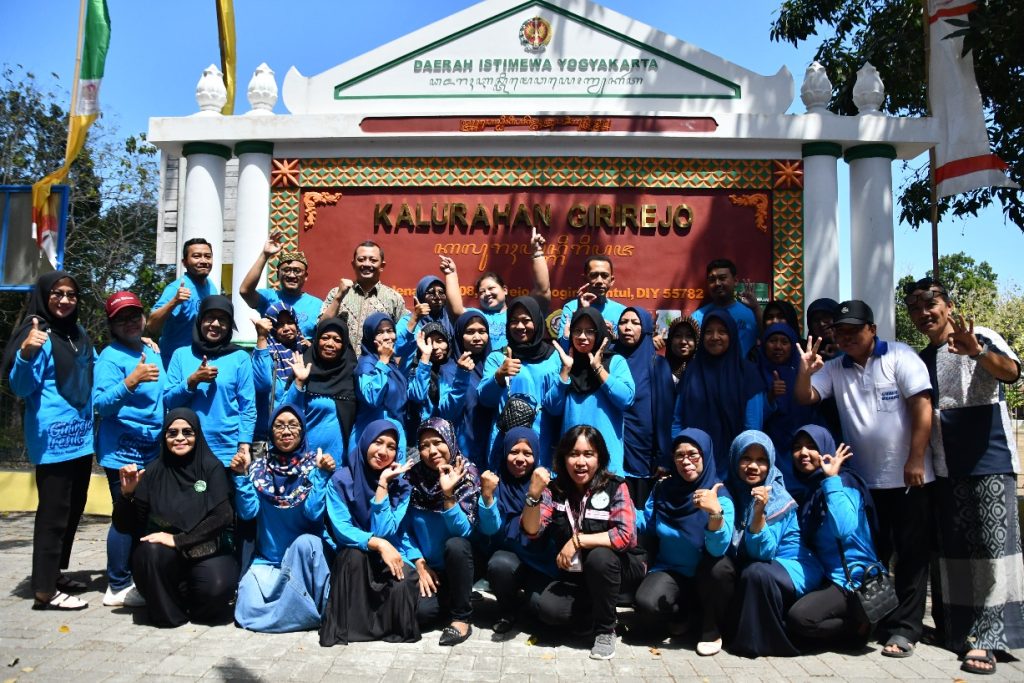
Household Waste Management Workshop in Girirejo Village, Imogiri, Bantul by the Community Service Team from the Department of Chemistry, FMIPA UGM.
Waste is a significant issue that needs to be addressed, especially in the Special Region of Yogyakarta, due to the temporary closure of the Piyungan Final Disposal Site (TPA). In order to address the issues in the community, particularly waste management, and to fulfill one of the Higher Education Tri Dharma, which is Community Service, the Department of Chemistry at the Faculty of Mathematics and Natural Sciences, in collaboration with the Girirejo Village Government in Imogiri, Bantul, conducted training on waste management for the community through the Adopted Village program.
The Community Service Team from the Department of Chemistry, Universitas Gadjah Mada, in collaboration with the Girirejo Village Government in Imogiri, Bantul, conducted training on household waste management. This is a concrete effort to address the pressing issue of waste management in the Yogyakarta region, especially due to the closure of the Piyungan Final Disposal Site (TPA).
The waste situation in Yogyakarta has become more complicated following the temporary closure of the Piyungan Final Disposal Site (TPA). Waste has been piling up, and concerted efforts are needed to reduce its negative impact. This is what prompted the Department of Chemistry, in collaboration with the Girirejo Village Government, to take action.
The Adopted Village program is part of the Higher Education Tri Dharma, which involves universities in making a tangible contribution to the community. The Department of Chemistry is committed to implementing this program and sharing knowledge about waste management with the community.
The team led by Dr. Winarto Haryadi M.Si and waste management activist Agus Hartono S.S. conducted this training program. Full support from the Girirejo Village Lurah, Mrs. Dwi Yuli Purwanti, SH, was the key to the success of the program’s implementation.
During the first meeting held on June 4, 2023, Gus Hart (Agus Hartono’s nickname) emphasized the importance of public awareness in reducing waste production. The most effective solution is to reduce waste production, especially plastics that are challenging to manage.
In the second meeting on July 23, 2023, Gus Hart explained waste separation. Waste can be categorized into 4 types, including sellable waste, compost, creative waste, and disposable waste. This helps the community understand the proper way to manage household waste.
The third meeting, held on August 12, 2023, focused on the practice of waste separation. Participants enthusiastically joined this event and began implementing waste separation in their households. The difficulty in finding waste that truly needed disposal indicated that much of the waste still had utility value.
The Community Service Team from the Department of Chemistry hopes that waste management can be carried out sustainably by the community, especially in the Girirejo Village, Imogiri, Bantul. Awareness of the importance of waste management should start within the family environment, and with collective support, the waste issue in Yogyakarta can be addressed (RNC).
